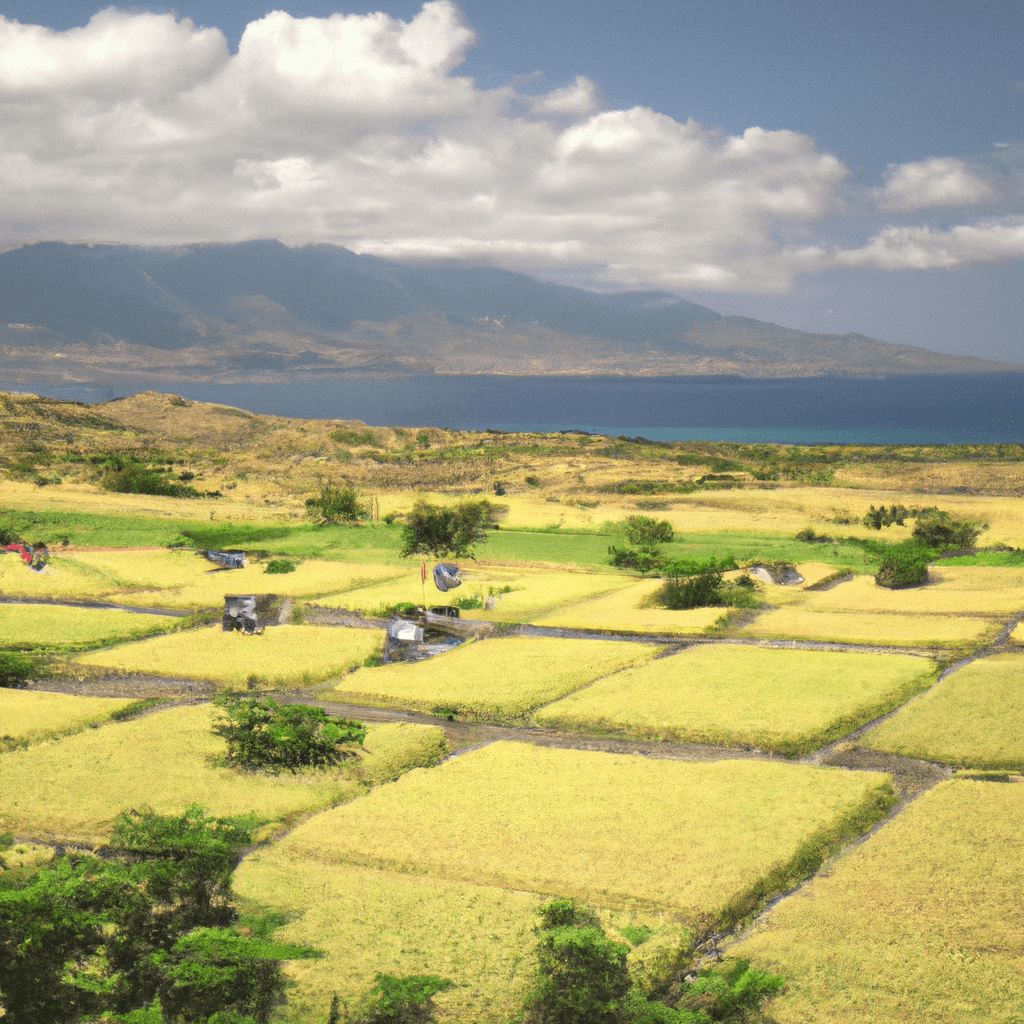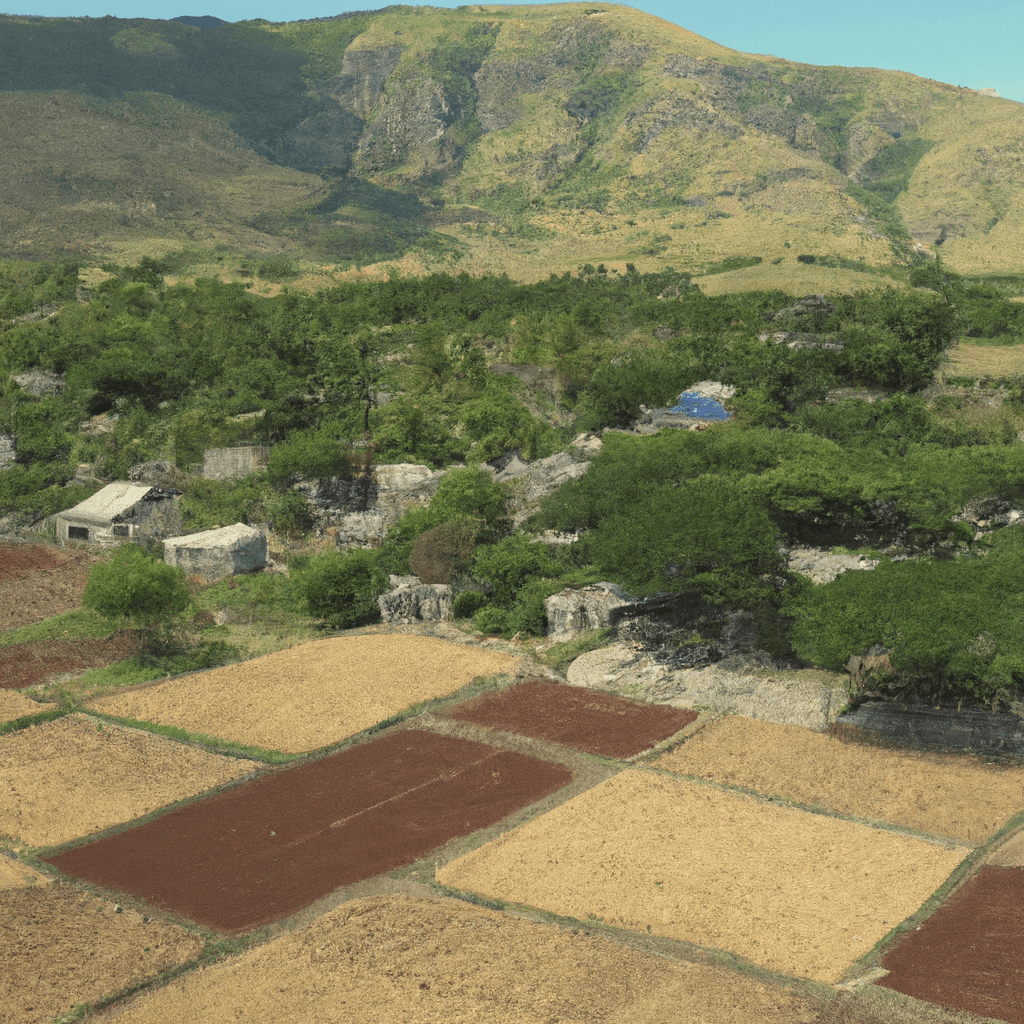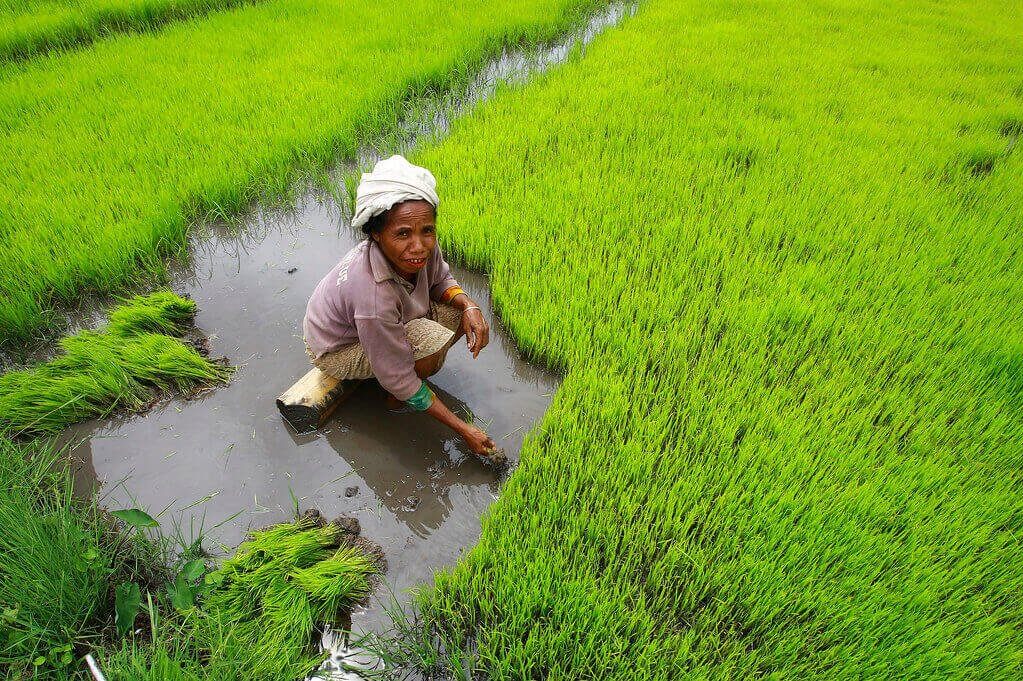How East-Timor can grant Food-Security in the Near Future

-
Sustainable Management of Food Security
- Introduction
- Exploring the Potential of Sustainable Agriculture in East-Timor to Achieve Food Security
- The Role of Government in Supporting Small-Scale Farmers in East-Timor to Achieve Food Security
- The Benefits of Investing in Local Food Production and Distribution Systems in East-Timor to Achieve Food Security
“Harvesting Hope: Securing East-Timor’s Food Future”.
Introduction

East-Timor is a small island nation located in Southeast Asia. It is one of the poorest countries in the world, with a population of just over 1 million people. Despite its poverty, East-Timor has the potential to become food secure in the near future. With the right policies and investments, East-Timor can increase its agricultural production, improve access to food, and reduce hunger and malnutrition. This can be achieved through a combination of improved agricultural practices, increased access to markets, and better infrastructure. Additionally, East-Timor can benefit from international aid and support to help it achieve food security. With the right investments and policies, East-Timor can become food secure in the near future.
Exploring the Potential of Sustainable Agriculture in East-Timor to Achieve Food Security
Food security is a major concern in East-Timor, a small island nation in Southeast Asia. With a population of 1.2 million people, the country is highly dependent on imported food, leaving it vulnerable to food shortages and price fluctuations. To address this issue, the government of East-Timor has identified sustainable agriculture as a potential solution.
Sustainable agriculture is an approach to farming that seeks to maximize yields while minimizing environmental impacts. It involves the use of techniques such as crop rotation, integrated pest management, and conservation tillage to reduce the need for chemical inputs and increase soil fertility. In addition, sustainable agriculture can help to conserve water and energy, reduce soil erosion, and improve the quality of the environment.
The potential of sustainable agriculture to improve food security in East-Timor is significant. By reducing the need for chemical inputs, sustainable agriculture can help to reduce the cost of food production, making it more affordable for the country’s citizens. In addition, sustainable agriculture can help to increase yields, providing more food for the population. Finally, sustainable agriculture can help to improve the quality of the environment, reducing the risk of soil degradation and water pollution.
To realize the potential of sustainable agriculture in East-Timor, the government must take a number of steps. First, it must invest in research and development to identify the most effective sustainable agriculture techniques for the country’s climate and soil conditions. Second, it must provide incentives for farmers to adopt sustainable agriculture practices, such as subsidies and technical assistance. Finally, it must ensure that the necessary infrastructure is in place to support sustainable agriculture, such as access to irrigation and storage facilities.
In conclusion, sustainable agriculture has the potential to improve food security in East-Timor. To realize this potential, the government must invest in research and development, provide incentives for farmers, and ensure that the necessary infrastructure is in place. By taking these steps, East-Timor can ensure that its citizens have access to affordable, nutritious food.
The Role of Government in Supporting Small-Scale Farmers in East-Timor to Achieve Food Security
Food security is a major concern in East-Timor, where small-scale farmers are the primary producers of food. In order to ensure food security in the country, the government must take an active role in supporting small-scale farmers.
The government can provide small-scale farmers with access to resources such as land, water, and credit. Land is a key resource for small-scale farmers, and the government can provide access to land through land reform policies. Water is also essential for agricultural production, and the government can provide access to water through irrigation systems and other water management initiatives. Credit is also important for small-scale farmers, as it allows them to purchase inputs such as seeds and fertilizer. The government can provide access to credit through microfinance programs and other financial services.
In addition to providing access to resources, the government can also provide technical assistance to small-scale farmers. This can include training in modern agricultural techniques, such as crop rotation and soil conservation. The government can also provide access to information about markets and prices, which can help small-scale farmers make informed decisions about what to produce and when to sell.
Finally, the government can provide a safety net for small-scale farmers in the form of subsidies and other forms of support. This can include subsidies for inputs such as seeds and fertilizer, as well as direct payments to farmers in times of need.
By providing access to resources, technical assistance, and a safety net, the government can play an important role in supporting small-scale farmers in East-Timor and helping them achieve food security.
The Benefits of Investing in Local Food Production and Distribution Systems in East-Timor to Achieve Food Security
Food security is a major concern in East-Timor, where the majority of the population is food insecure. Investing in local food production and distribution systems is an effective way to improve food security in the country. This paper will discuss the benefits of investing in local food production and distribution systems in East-Timor to achieve food security.
The first benefit of investing in local food production and distribution systems is that it can help to reduce the cost of food. By investing in local production and distribution systems, East-Timor can reduce its reliance on imported food, which is often more expensive than locally produced food. This can help to reduce the cost of food for the population, making it more affordable and accessible.
The second benefit of investing in local food production and distribution systems is that it can help to improve the nutritional quality of the food available in East-Timor. By investing in local production and distribution systems, East-Timor can ensure that the food available is of a higher quality than imported food. This can help to improve the nutritional quality of the food available, which can help to improve the health of the population.
The third benefit of investing in local food production and distribution systems is that it can help to create jobs in East-Timor. By investing in local production and distribution systems, East-Timor can create jobs in the agricultural sector, which can help to reduce unemployment and poverty in the country. This can help to improve the economic situation of the population, which can help to improve food security.
Finally, investing in local food production and distribution systems can help to improve the resilience of East-Timor’s food system. By investing in local production and distribution systems, East-Timor can ensure that it is better prepared to deal with food shortages or other disruptions to the food supply. This can help to ensure that the population has access to a reliable source of food, which can help to improve food security.
In conclusion, investing in local food production and distribution systems in East-Timor can have a number of benefits for achieving food security. It can help to reduce the cost of food, improve the nutritional quality of the food available, create jobs, and improve the resilience of the food system. For these reasons, investing in local food production and distribution systems is an effective way to improve food security in East-Timor.







